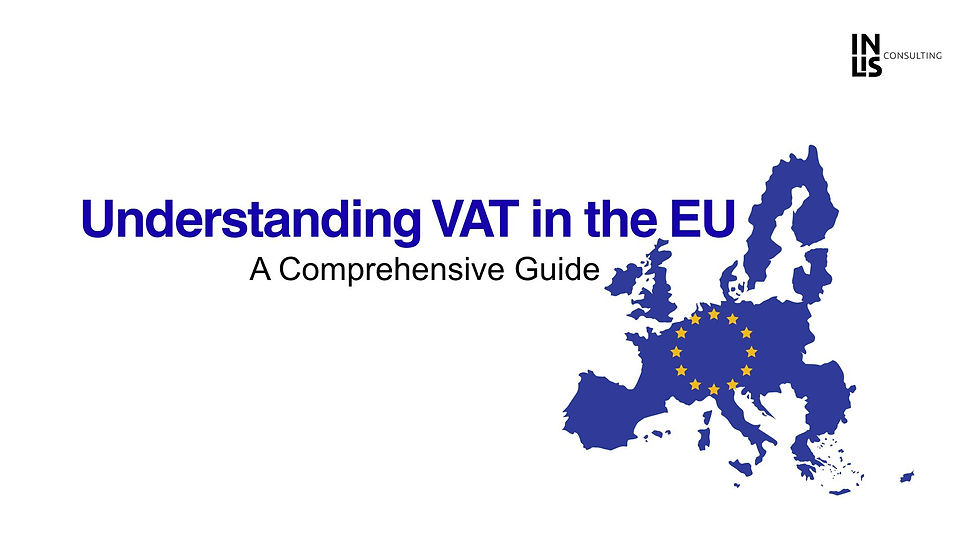Dear AIMA, My Salary is 870 Euros. How Can I Obtain a € 1,000 Rental Contract?
- INLIS Consulting
- Sep 12, 2025
- 2 min read
AIMA is now requesting notarized rental contracts and additional documents not required by law for Portuguese residency. Learn what these new rules mean and how to prepare.

For many migrants and expats, Portugal represents safety, opportunity, and a chance to build a future. But with AIMA’s new residency requirements, the process of getting a residence card is becoming even more complex.
Recent reports show that some AIMA counters are demanding documents that go beyond what the law explicitly requires, leaving applicants confused, frustrated, and often facing higher costs.
AIMA’s New Residency Rules in Practice
1. Notarized Rental Contracts
Applicants report being asked to present a rental contract declaration signed by both tenant and landlord, with signatures notarized.
The law requires a valid rental contract registered with Finanças, but not notarization.
This extra step adds costs (notary fees) and delays, and many landlords are unwilling to go through the process.
2. Police Entry Form at Land Borders
Some applicants said AIMA requested proof that they filled out a police entry form within 3 days of arriving by land border.
This requirement normally only applies if you stay in private lodgings, not if you check into a hotel (since hotels report guests automatically).
Again, the law does not make this mandatory in every case, but some AIMA counters have started insisting on it.
Why These Extra Requirements Are a Problem
The Housing Crisis
Rental prices in Lisbon, Porto, and other urban centers are often €900–1,200 per month. Meanwhile, Portugal’s minimum wage in 2025 is €870 net.
Legal vs. Practical Reality
The law provides flexibility: proof of housing can include registered rental contracts, property ownership, or even declarations of accommodation.
In practice, some AIMA counters impose stricter demands that make compliance nearly impossible for low-income workers.
These inconsistencies mean applicants in one city may succeed with standard documents, while others are rejected for not having notarization.
What Can Applicants Do?
Navigating the Notarized Lease Requirement
Ask landlords to officially register the contract with Finanças (mandatory by law, but often avoided).
Offer to cover the notary fee if your landlord is reluctant to notarize.
If sharing accommodation, try to ensure all tenants are listed on the official lease.
Handling the Border Entry Form
If you entered Portugal via land border, always complete the SEF/AIMA border entry form within 3 days — even if the law only requires it for private stays.
If you stayed in a hotel, keep the hotel invoice and booking confirmation as proof of legal entry.
Seek Professional Guidance
Immigration lawyers and consultants can help argue your case if AIMA requests documents not legally required. Sometimes a formal complaint or appeal is the only way to resolve unfair rejections.
Conclusion
AIMA’s mission is to help integrate migrants into Portuguese society, yet these extra, unofficial requirements risk pushing people further into hardship. The demand for notarized leases and police entry forms adds unnecessary cost and confusion, especially for workers already struggling with low salaries and high rent.




Comments